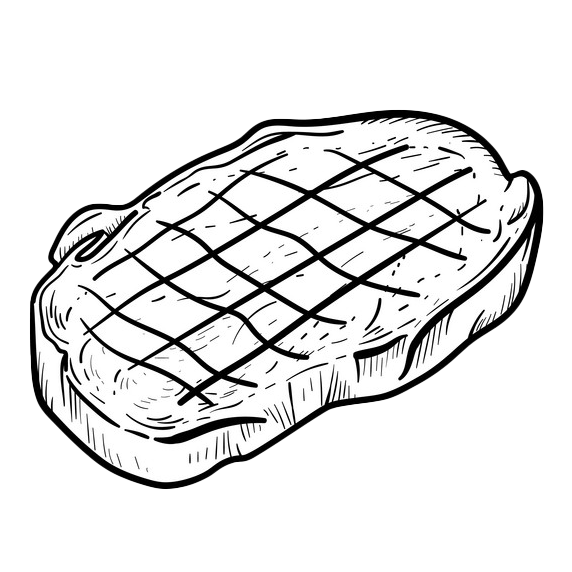Mediterranean Diet vs. Paleo Diet
Mediterranean Diet vs. Paleo Diet: How Seafood Fits In
Are you trying to decide between the Mediterranean and paleo diets? Both of these dietary patterns have been shown to have numerous health benefits, but they differ in their approach to food and their specific recommendations. In this article, we'll explore the key differences between the Mediterranean and paleo diets, with a focus on how seafood fits into each of these dietary patterns.
What is the Mediterranean Diet?
The Mediterranean diet is based on the traditional foods that are consumed in countries surrounding the Mediterranean Sea, such as Italy, Greece, and Spain. The Mediterranean diet is high in:- Vegetables
- Fruits
- Whole grains
- Legumes
- Seafood
It also includes moderate amounts of olive oil, cheese, and yogurt. This diet is relatively low in red meat and processed foods, and it typically includes moderate amounts of wine.
Seafood is a key component of the Mediterranean diet. It is a rich source of heart-healthy omega-3 fatty acids, which can help to reduce inflammation and lower the risk of heart disease. In addition, seafood is a good source of protein, which can help to support muscle mass and promote satiety. The Mediterranean diet has been shown to reduce the risk of heart disease, stroke, and certain types of cancer, and its emphasis on seafood may contribute to these health benefits.
What is the Paleo Diet?
The paleo diet is based on the premise that humans should eat the same types of foods that our hunter-gatherer ancestors ate during the Paleolithic era. This means that the paleo diet is primarily made up of whole, unprocessed foods, including:
- Vegetables
- Fruits
- Nuts
- Seeds
- Animal protein
The paleo diet also excludes grains, legumes, dairy, and processed foods.
Like the Mediterranean diet, the paleo diet can be effective for weight loss and improving overall health. However, there are some key differences between these two dietary patterns. One of the main differences is that the paleo diet is much higher in animal protein than the Mediterranean diet. This means that seafood can play a more prominent role in the paleo diet, as it is a good source of protein and other nutrients. Seafood is also relatively low in saturated fat, which can help to support heart health.
How Do These Diets Affect Cholesterol Levels?
Cholesterol is a waxy substance that is produced by the liver and found in the bloodstream. There are two main types of cholesterol:
- LDL (low-density lipoprotein)
- HDL (high-density lipoprotein)
LDL cholesterol, also known as "bad" cholesterol, can build up in the arteries and increase the risk of heart disease. On the other hand, HDL cholesterol, also known as "good" cholesterol, helps to remove LDL cholesterol from the body.
The Mediterranean can have a positive impact on cholesterol levels. The Mediterranean diet, with its emphasis on vegetables, fruits, whole grains, legumes, and seafood, can help to lower LDL cholesterol and raise HDL cholesterol. This is due, in part, to the high amounts of fiber, monounsaturated fats, and omega-3 fatty acids found naturally in fish such as salmon.
Similarly, the paleo diet, with its emphasis on whole, unprocessed foods, can also help to improve cholesterol levels. However, it is important to note that the paleo diet may be higher in saturated fat than the Mediterranean diet, due to its higher intake of animal protein. This can increase LDL cholesterol levels if consumed in excess. Therefore, it is important to choose lean sources of animal protein, such as seafood, and to balance them with plenty of vegetables and other plant-based foods.
Adding More Seafood to Your Diet
Incorporating seafood into your diet can be a delicious and nutritious way to support your health goals, no matter which dietary pattern you choose. Whether you follow the Mediterranean diet or the paleo diet, be sure to choose a variety of seafood options to ensure that you're getting a wide range of nutrients. And don't forget to balance your seafood intake with plenty of vegetables and other plant-based foods to support overall health and wellness.









